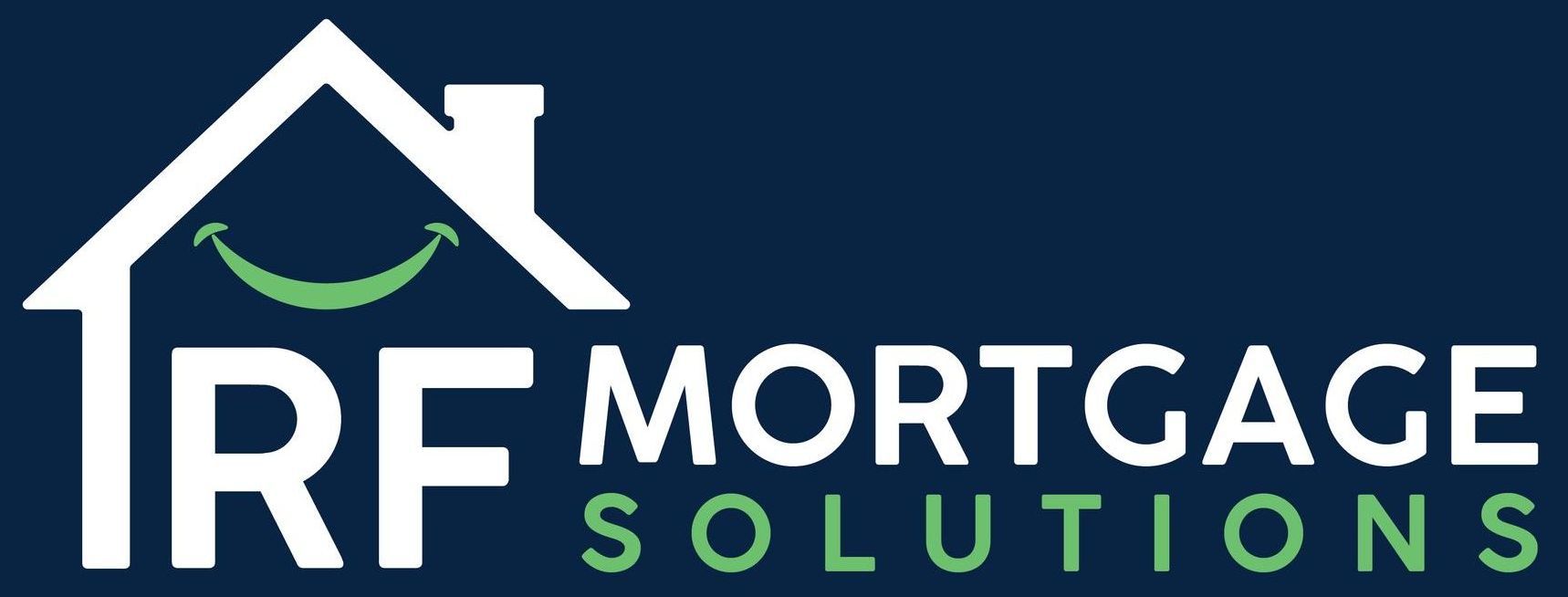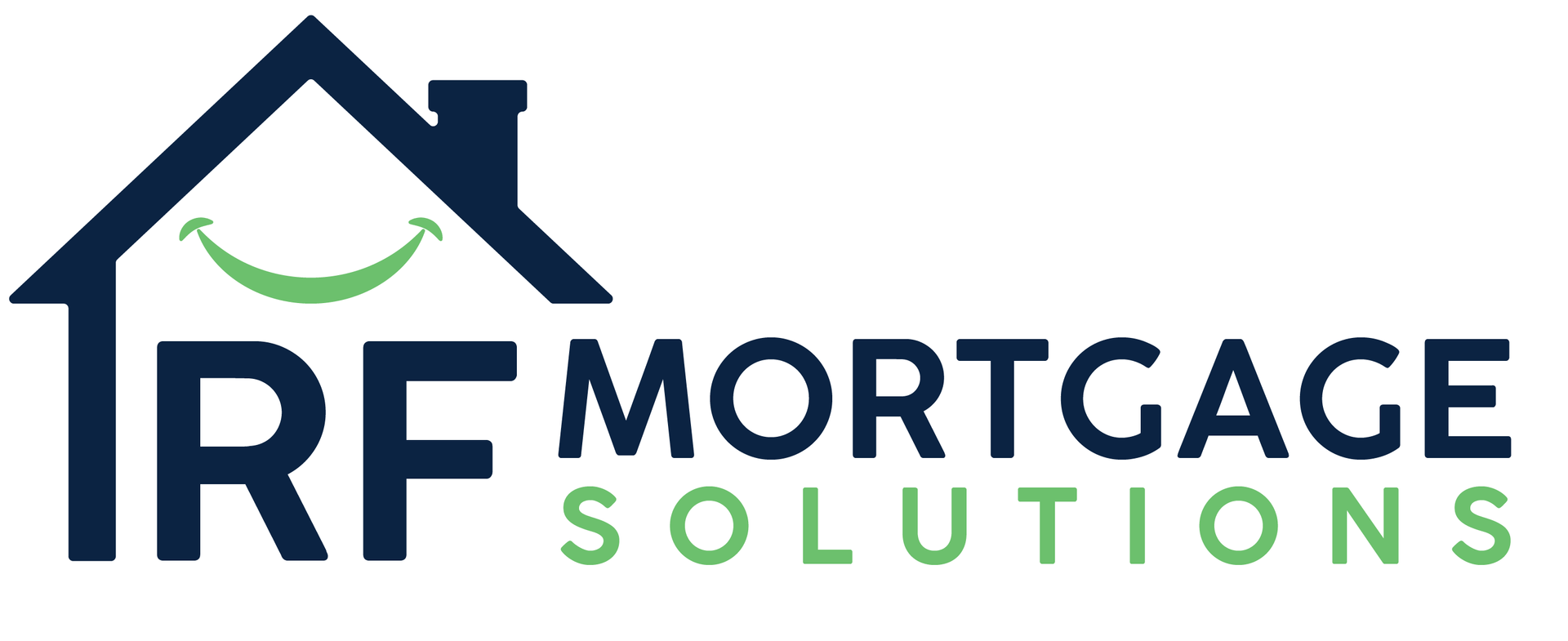Mortgages
First Time Buyers
A first-time buyer is an individual who is purchasing a property for the first time and has not previously owned a home. First-time buyers are often adults or individuals who have been renting and are now looking to transition to homeownership. However, some lenders may consider a first-time buyer as someone who has not owned a property in the last 3 years.
Home Movers
A home mover is someone who already owns a property and is looking to move to another property. If you already have an existing mortgage on your property, you might be wondering whether you need to cancel it, or whether you can keep it. This depends on various factors, including the interest rate you have and whether there are any early repayment charges involved with your current mortgage provider. You may also need to borrow extra monies to realise your dream purchase.
At RF Mortgage Solutions, moving home can be a very stressful time, so let us help with the process.
Remortgages
A remortgage, also known as refinancing, is the process of paying off an existing mortgage on a property by taking out a new mortgage with either the same lender or a different lender.
Deciding on whether to stay with your existing lender or to remortgage to a different Bank of Building society will be down to several factors:
- Interest rate – Homeowners may remortgage to take advantage of lower interest rates, potentially reducing their monthly mortgage payments and overall interest costs. Your current Bank or Building Society may offer you an attractive rate to stay with them. This is often known as a Rate Switch or Product Transfer.
- Extra borrowing – Homeowners may remortgage to release equity from their property, which can be used for home improvements, debt consolidation, or other purposes such as to buy a car, go on a holiday of a lifetime, or funds for a wedding.
- Changing mortgage terms -Homeowners may remortgage to switch from a fixed-rate mortgage to something more flexible, or vice versa, to better align with their financial goals and preferences.
Changes in income, or credit issues may prevent you from remortgaging. At RF Mortgage Solutions, we can discuss this with you to identify the best solution.
Think carefully before securing other debts against your home. Consolidating debt may reduce your outgoings now, but you may end up paying more overall. Your home may be repossessed if you do not keep up repayments on your mortgage.
Your home may be repossessed if you do not keep up repayments on your mortgage.
Buy to Let Mortgages
A buy to let mortgage is typically when you want to buy a property for the main purpose of renting it out for profit. You don’t need to be an existing residential homeowner, but the Banks and Building Societies may be limited. A deposit of anywhere between 20-40% may be required, and sometimes a higher deposit is needed. However, this is dependent on how much mortgage is needed and how much the property could rent for. Quite often, the Bank or Building Society will carry out their own rental assessment, but a letter from a Lettings Agents would help clarify the expected rent.
Properties with a Buy to Let mortgage in place cannot legally be used as your own residence. However, where you already own a residential property and wish to start letting it out to tenants, you can sometimes request to change your mortgage to a Buy to Let with your existing lender by gaining a permission to let (also known as consent to let).
Moving home to purchase a new residential property, but keeping your existing property to be rented would be termed as a Let to Buy.
Most Buy to Let Mortgages are not regulated by the Financial Conduct Authority.
Shared Ownership
Shared ownership is a homeownership scheme that allows individuals to purchase a share (usually between 25% and 75%) of a property and pay rent on the remaining share. It's primarily designed to help first-time buyers or those with lower incomes and deposits to get onto the property ladder, particularly in areas where property prices are high.
Shared ownership can be an affordable way to get onto the property ladder, especially for those who may struggle to afford a full mortgage deposit and enables you to purchase a property in the location that you want to live in for a fraction of the price. It provides an opportunity to build equity in a property over time while paying a lower upfront cost. However, it's essential to carefully consider the terms and conditions of the shared ownership scheme, including any restrictions or limitations, before entering into an agreement.
Self Employed and Contractor Mortgages
Getting mortgages if you are self-employed can be trickier as lenders can have different criteria for their lending decisions. These can differ on issues such as the number of years you have been trading, or the evidence they require as proof of income. So, whether you are a contractor, a sole trader or limited company, we can still help find a mortgage for you. This is because we are not just limited to using your tax returns to prove your income, we can also use your limited company’s net profit or your day rate if you are a contractor.
New Build
With the governments demand to provide more housing, you have probably noticed in some areas that huge development plans are underway. The amount of deposit that you can put down will be marginally higher on new builds with typically a 10% deposit for a new build house and 15% for a new build flat. The housing association who are selling the properties on behalf of the developer will want you to exchange typically in one month, with a completion date usually set way off in the future once the property build has been finalised. There are lots of benefits for a new build home such as energy efficiency.
Poor or Low Credit
If you have a poor or low credit rating, we can still help. Naturally, we will need to understand the reasons why your credit rating is low, and usually obtaining a credit report would help identify these areas. We can arrange mortgages for clients with defaults, CCJs, and even more serious adverse credit such as previous bankruptcy or IVAs. This applies to both buy-to-let mortgages and homeowners.
Debt Consolidation
A debt consolidation mortgage is where we add your outstanding debt built up from outstanding credit commitments such as credit cards or loans to your mortgage making it one manageable payment. Banks and Building Societies may have certain rules relating to how much can be added, but at RF Mortgage Solutions we understand that financial problems can spiral out of control, and debts can quickly build up. Overall, we are here to guide you through this process.
Limited Company Mortgages
Limited Company mortgages are available to first time buyers and for experienced portfolio landlords. This is where you take out a mortgage under a Limited Company structure rather than in your personal name. Such a structure may benefit those individuals who are in the higher tax bracket. Not all Banks and Building Societies offer such structures, so it would be important to understand whether a Limited Company mortgage works for you. At RF Mortgage Solutions we are here to help. However, we would encourage that you firstly get tax advice.
Large Loans
A large loan is often considered as being £500,000 and above according by a majority of Banks and Building Societies. Buying a higher value property is very much the same process. However, the amount of deposit available, your preferred repayment strategy along with your annual income will determine who we recommend. Going to a High Street lender will most likely offer you the most attractive interest rates with a minimum 10-15% deposit. Whereas a private bank lender may be able to offer you something more bespoke. At RF Mortgage Solutions, we will help find one that’s right for you.
Bridging Finance
Bridging loans are a type of short-term loan that can be used for a variety of purposes, but mainly to “bridge” the gap between the purchase and sale of a property and where other funding options won’t work due to the timescales required. They are secured against the property, which can be residential, buy to let or commercial. Bridging loans offer a quick solution to securing finance and tend to be short term up to 12 months with a minimum 1 month exit clause.
Bridging loans are fast to arrange Bridging loans can be arranged within a matter of weeks, and in some instances, days.
If you are interested in learning more, please contact RF Mortgage Solutions.
Your home may be repossessed if you do not keep up repayments on your mortgage.
Your home or property may be repossessed if you do not keep up repayments on your mortgage.
RF Mortgage Solutions Limited is an Appointed Representative of PRIMIS Mortgage Network, a trading name of First Complete Ltd. First Complete Ltd is authorised and regulated by the Financial Conduct Authority. Registered in England and Wales. Companies House number 11176859.
Our registered address is Suite 2068, Letraset Building, Wotton Road, Ashford, Kent, TN23 6LN
Fees
We will typically charge a fee between £250.00 and £999.00. The amount we will charge is dependent on the amount of research and administration that is required.
The guidance and/or advice contained within this website is subject to the UK regulatory regime and is therefore primarily targeted at consumers based in the UK.
Most Buy-to-Let Mortgages are not regulated by the Financial Conduct Authority.
Contact Information
Call us:
Email us:
info@rfmortgagesolutions.co.uk
Address:
Suite 2068, Letraset Building,
Wotton Road, Ashford, Kent, TN23 6LN
Mortgages
Protection
General Insurance
All Rights Reserved | RF Mortgage Solutions

